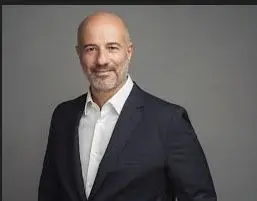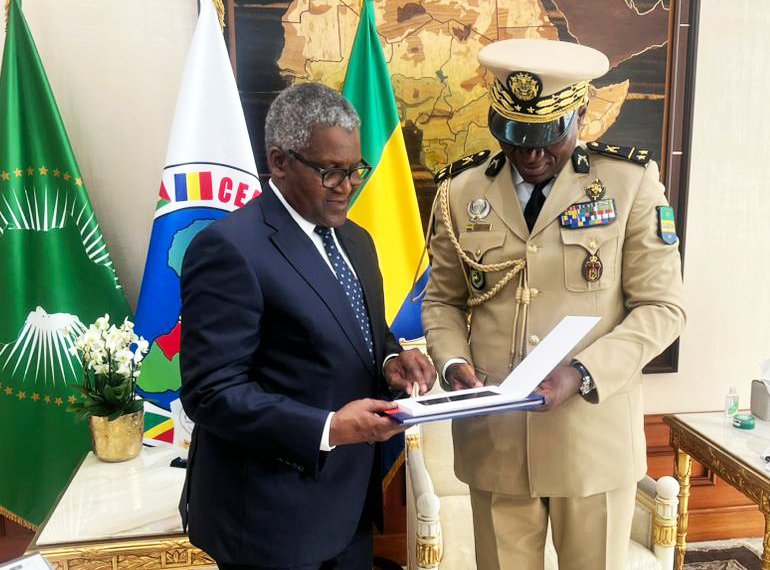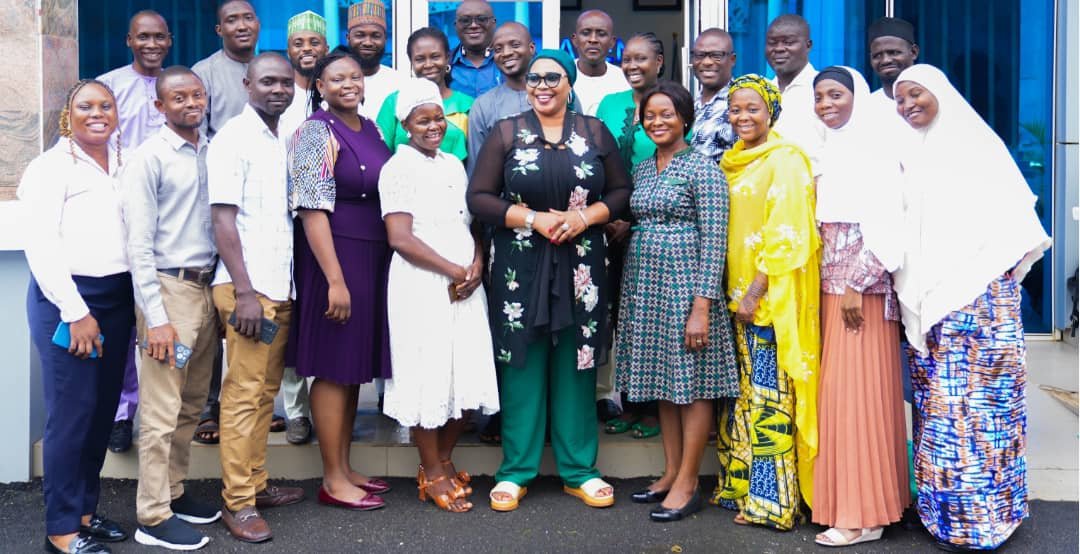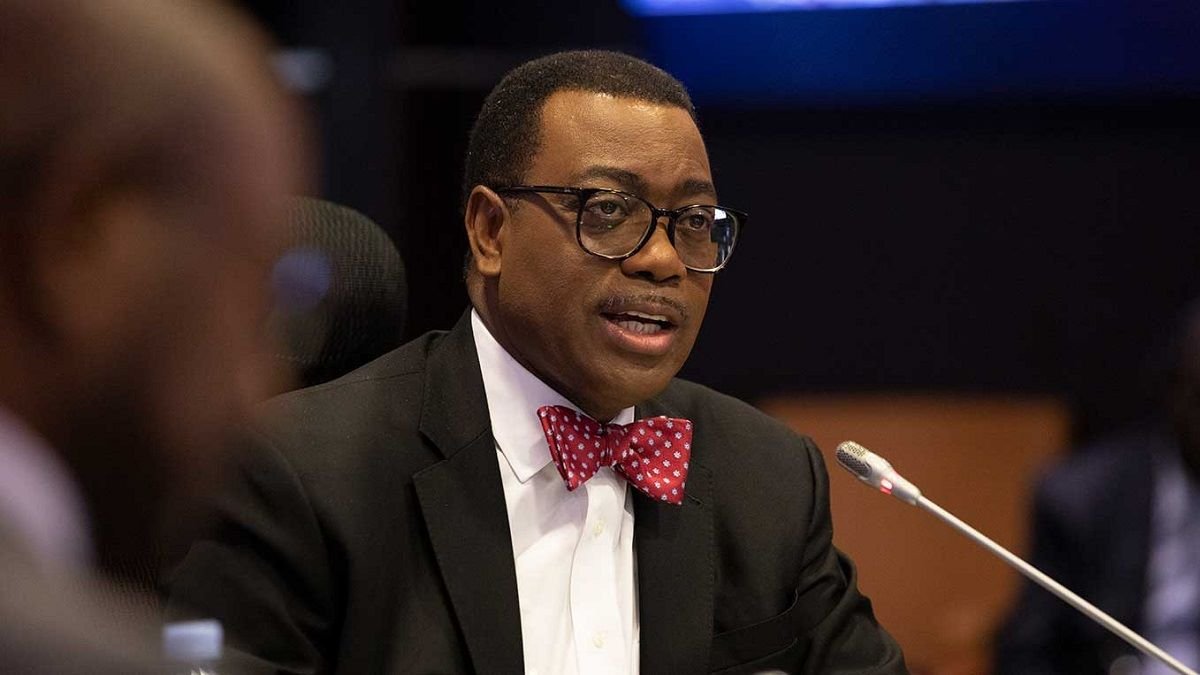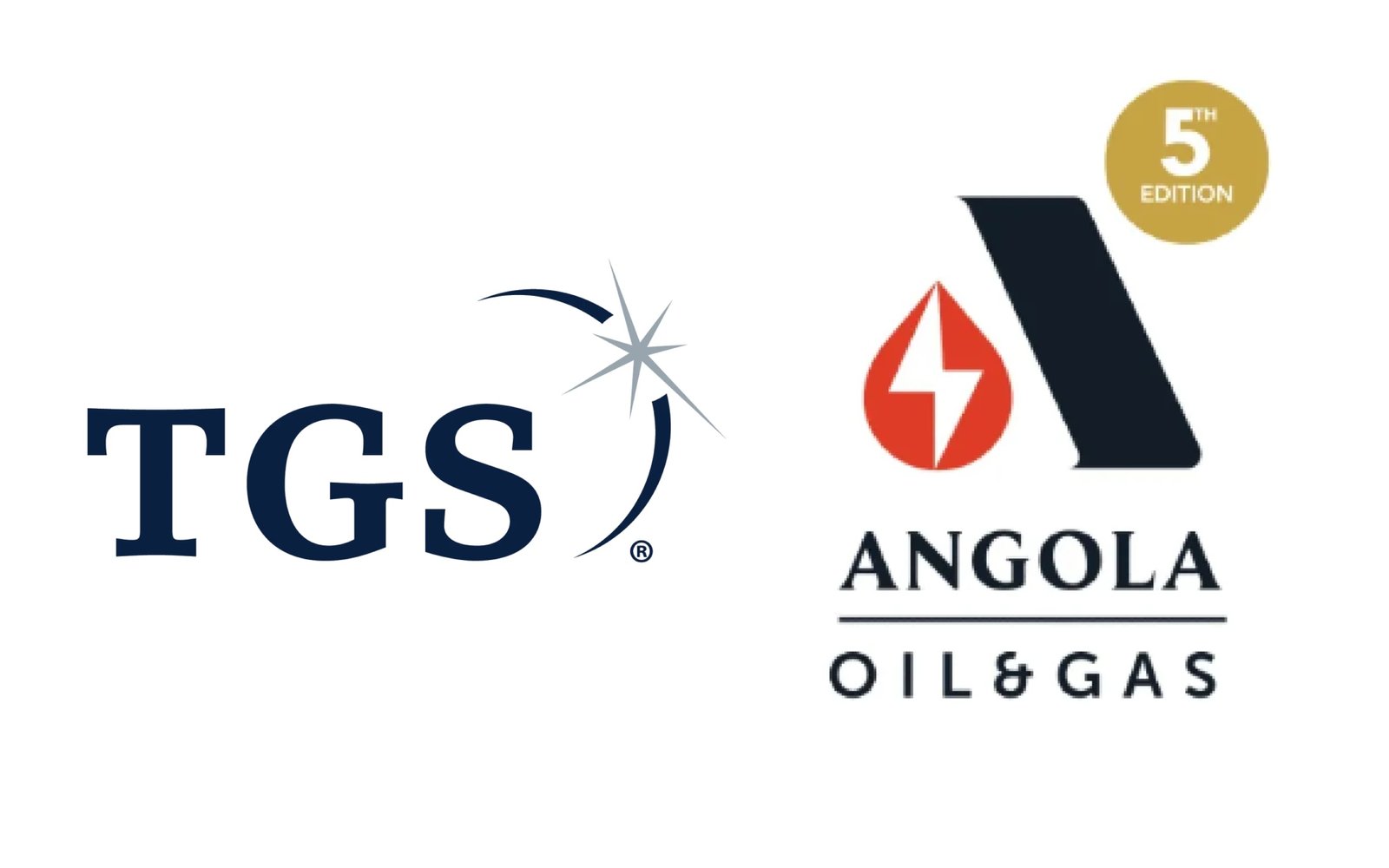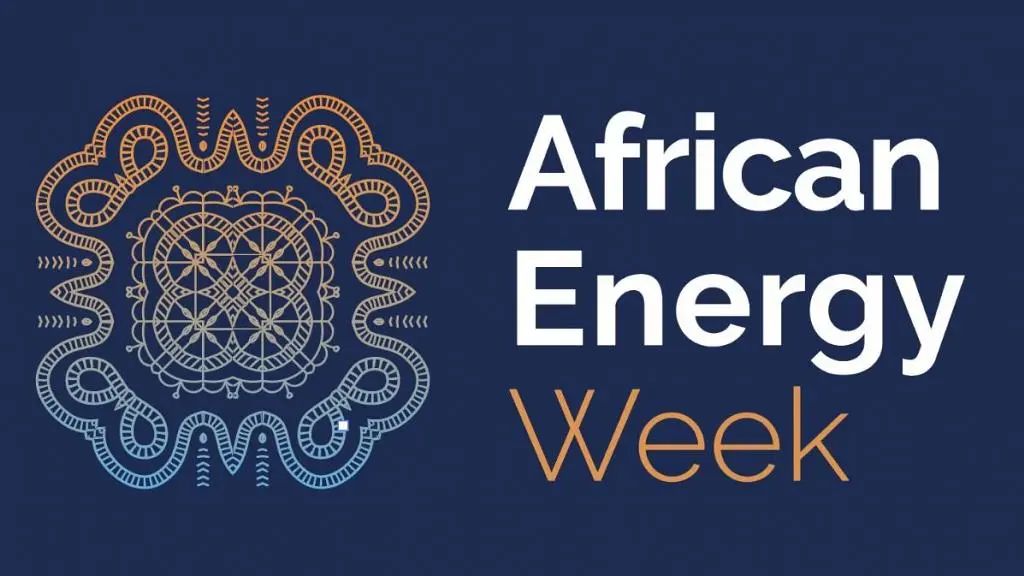By Eyo Nsima
The Chairman/Managing Director, Chevron Nigeria Limited, Rick Kennedy, has disclosed that the company supported the battle against COVID-19, Health care, Internally Displaced Persons, IDPs, Partnership Initiatives in the Niger Delta, PIND, Nigerian Content, signed the Global Memorandum of Understanding, GMoU and tackled gas flaring in Nigeria in 2020.
In a statement obtained by The Daily, www.thedaily-ng,com, he stated: “Chevron Nigeria Limited’s (CNL’s) 2020 Corporate Responsibility (CR) report focuses on the highpoints of the successes the company recorded during the period as well as the socioeconomic impact of its strategic social investments in the communities close to CNL’s operations, and Nigeria as a whole.
“CNL is one of the largest oil and natural gas producers in Nigeria. With its joint venture partner, the Nigerian National Petroleum Corporation (NNPC), CNL is a significant industry investor and plays a key role in Nigeria’s economy, positively contributing to the social welfare of the people and creating opportunities for progress in communities close to its operations and across Nigeria.”
“Despite the downturn in the global economy and significant challenges in the oil and gas industry because of the coronavirus (COVID-19) pandemic in 2020, we remained focused on delivering that vision in an ethical, responsible, and sustainable way,” he stated.
According to Rick Kennedy, “recognizing that business success is linked to society’s progress, Chevron companies in Nigeria work with government, communities across the country, and other partners to support strategic social investments in health, education, economic development, and other areas such as the environment and sports development that align with our thematic focus.”
COVID-19
Specifically, on the company support for COVID-19 response in Nigeria, he stated: “CNL contributed to several initiatives to support the fight against the COVID-19 pandemic in Nigeria. One of these initiatives was the support for an industry-wide coalition under which the NNPC/CNL Joint Venture made in-kind contributions for a value of $3.2 million to the Federal Government initiative and strategy to fight the pandemic. The initiative covered three areas: the provision of medical consumables including personal protective equipment; deployment of ambulances and in-patient support systems; and delivery of medical infrastructure, equipment, and other items such as ventilators and diagnostic equipment. Through the Global Memorandum of Understanding (GMoU) – a community-led participatory partnership model for community development pioneered by CNL, the company in partnership with the leadership of the GMoU communities donated funds to support emergency food needs and medical services in the communities.
Health Care
On health care, Kennedy, stated: “ CNL under its DWCE SI programme, and in collaboration with other partners completed and handed over the following projects to state governments, Mother and Child Care Center at Bayelsa Medical University, Bayelsa, Mother and Child Referral Center at Government General Hospital, Biu, Borno State, Mother and Child Care Center at 1000 Housing Estate Clinic, Maiduguri, Borno State, Mother and Child Care Center at Chukwuemeka Odumegwu Ojukwu University Teaching Hospital, Awka, Anambra State and Mother and Child Care Center at Fufore Cottage Hospital, Adamawa State.”
Internally displaced persons
On the Internally Displaced Persons, IDPs, he stated: “through its Deepwater Community Engagement Social Investment (DWCE SI) programme, Chevron Nigeria supported various projects for Internally Displaced Persons (IDPs) through interventions in the areas of health and education. The support includes the donation of medical equipment, construction of classroom and hostel blocks.”
Global Memorandum of Understanding
On the Global Memorandum of Understanding, GMoU, the Chairman/MD, stated: “In 2005, CNL pioneered a new and unique approach to community engagement in the Niger Delta to expand local participation in the social and economic development of people living near our operations. Through this model called the Global Memorandum of Understanding (GMoU), communities have a greater role in managing their own development through Regional Development Committee. The objective is to bring peace, sustainable development, and stability.
“The GMOU process has benefited approximately 600,000 people in more than 400 communities, villages, and chiefdoms where hundreds of community projects have been completed. Projects provided scholarships, new schools, medical facilities and housing, developments in agriculture, and improvements in infrastructure. From the time the GMoU was signed in 2005 up until 2020, the NNPC/CNL Joint Venture has contributed billions of Naira to the RDCs through the GMoU process. The RDCs have completed projects in health, education, infrastructural and economic development initiatives and have continued to plan and execute new projects that improve the livelihood of community members.”
The foundation for Partnership Initiatives in the Niger Delta
Also, on the foundation for Partnership Initiatives in the Niger Delta, PIND, he stated: “PIND is the non-profit Nigerian counterpart of the United States-based Niger Delta Partnership Initiatives (NDPI) Foundation Inc. that was established by Chevron Corporation in 2010. It was initiated as a regional strategy for addressing deep-rooted socio-economic problems in the Niger Delta rather than simply attempting to manage the symptoms. PIND does this in collaboration with a growing network of international and local partners. Chevron has made a funding commitment of up to $115 million to PIND since its inception.
“PIND shares CNL’s approach of placing multi-stakeholder partnerships at the heart of its strategic socio-economic interventions. As a regional social risk management strategy, PIND works across the entire Niger Delta region, building partnerships for peace and equitable economic development. PIND’s operations complement GMoU and Chevron Nigeria’s overall social investment strategies. Socioeconomic development and the peaceful coexistence of communities in the region are key to Chevron’s success in the Niger Delta.
“Through the Foundation for Partnership Initiatives in the Niger Delta (PIND) – a non-profit Nigerian counterpart of the United States-based Niger Delta Partnership Initiatives (NDPI) Foundation Inc established by Chevron, over 3,395 persons from 461 households and 595 businesses gained access to electricity supply. Five commercial energy cabins were donated to communities in Ondo and Delta states while two commercial Solar Refrigeration units were installed in two communities in Bayelsa State. The initiatives were executed in collaboration with other organizations and government.”
Support for Nigerian Content
On Nigerian Content, he maintained that, “CNL’s investment in Nigerian Content in 2020 was approximately $908 million. Of this amount, expenditure on materials and services obtained from Local Community Contractors was approximately $267 million. The company also partnered with many indigenous companies to build and strengthen local capacity and capabilities during the execution of the following major capital and small projects.
“Escravos Export System Project (EESP): contractors are Deltatek Offshore Limited, Fenog Nigeria Limited, and Gramen Petroserve Nigeria Limited. Repairs and Upgrade of Tanks: Some of the contractors involved in the project are Baywood Continental Limited, Esthon Nigeria Limited, Homik Nigeria Limited, Hopic Nigeria Limited, and De-Movick Nigeria Limited.”
Gas flaring
Furthermore, on gas flaring, he noted that, “Chevron Nigeria continues with its efforts to monetize recoverable natural gas resources in the Escravos area. It utilizes the gas to fuel the company’s operations, while supplying the product to the domestic and international market. CNL supplies a significant percentage of Nigeria’s domestic gas supply volumes. Through investments in the gathering and processing of associated gas, the company has reduced routine gas flaring in its operations by over 95 percent in the last 10 years.”


